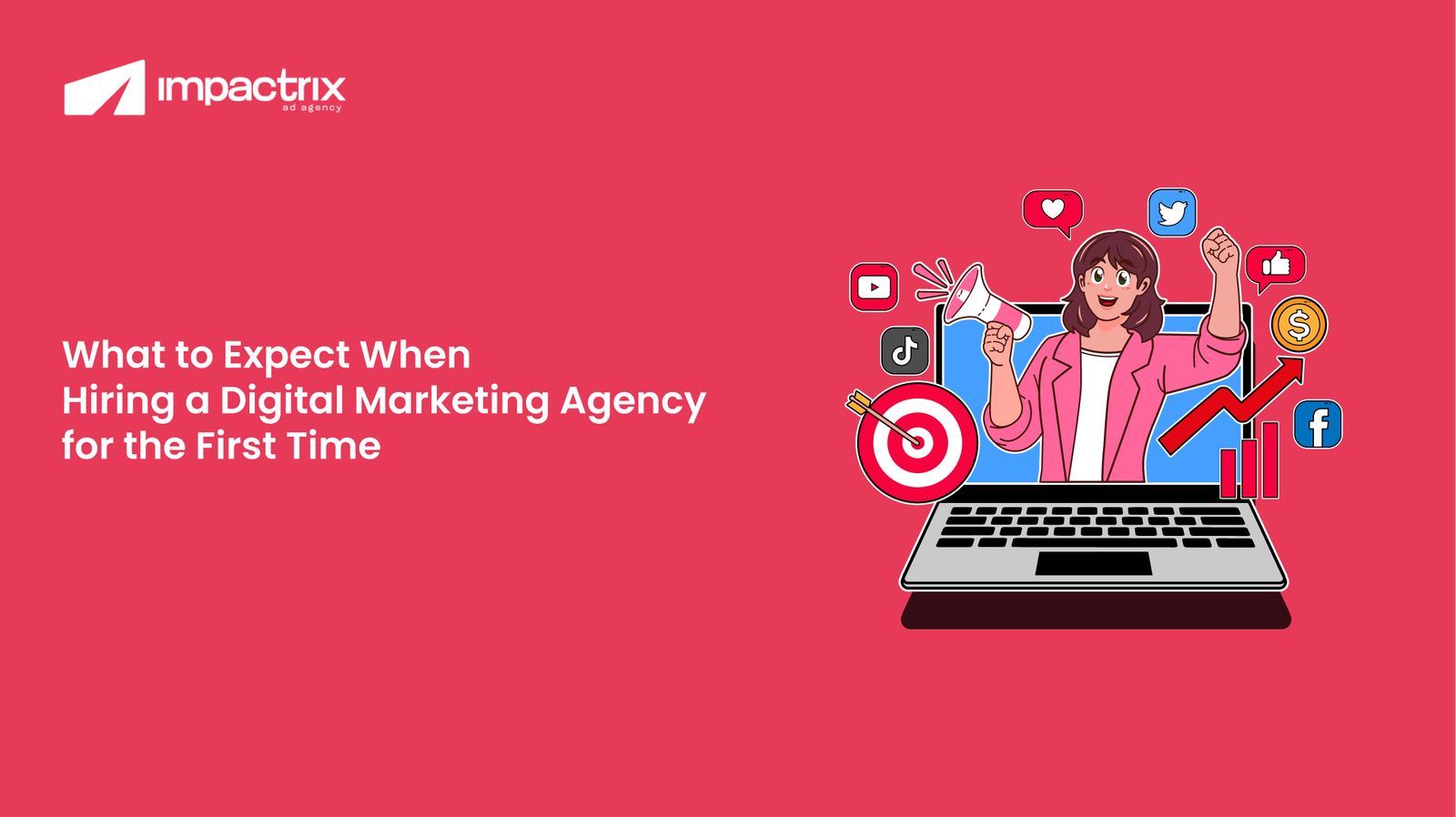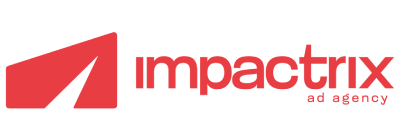
What to Expect When Hiring a Digital Marketing Agency for the First Time
Hiring a Digital Marketing Agency : An Introduction
Hiring a digital marketing agency for the first time is a significant step toward growing your brand’s online presence. For many businesses—whether startups or traditional brick-and-mortar stores making a digital leap—partnering with the right agency can unlock scalable growth, strategic visibility, and long-term customer engagement. But the process can be overwhelming if you’re unfamiliar with how digital agencies work, what services they offer, and what results you can reasonably expect.
This guide walks you through what hiring a digital marketing agency entails, from the onboarding process to campaign execution, and how to make the partnership successful.
Hiring a Digital Marketing Agency: Understanding What They Actually Do
Before diving into the partnership, it’s essential to understand the full scope of what a digital marketing agency offers. These agencies specialize in strategies that improve your business’s visibility on digital platforms like Google, Instagram, YouTube, LinkedIn, and more. Depending on the agency’s capabilities, they might offer services such as SEO, social media marketing, content creation, email marketing, PPC advertising, video production, and performance analytics.
The right agency doesn’t just run ads or post on social media. They align every campaign with your brand’s voice, your business goals, and your ideal customer’s behavior. Essentially, they bring together creativity, data, and technology to deliver results that matter—whether that’s traffic, leads, or sales.
The Initial Consultation: Setting the Groundwork
The first interaction usually begins with a discovery or consultation call. This is where you introduce your business, your current marketing efforts (if any), and your objectives. A good agency will listen carefully, ask the right questions, and try to understand not only what you sell but why and to whom.
This stage is crucial because it helps determine whether there’s a strategic fit between your goals and the agency’s expertise. Many agencies also audit your existing digital assets—like your website, social channels, and previous ad campaigns—to evaluate how they can improve them. If they jump to promising numbers or growth before doing this audit, that’s usually a red flag.
Creating a Custom Strategy for Your Brand
Once you’ve decided to move forward, the agency usually builds a customized marketing strategy. This strategy is tailored based on your industry, target audience, business size, budget, and existing brand voice. It might include short-term plans like lead generation campaigns and long-term strategies such as SEO content development or brand storytelling.
An agency’s job is to show you what’s possible within your budget—not just sell a cookie-cutter solution. The strategy document typically includes key performance indicators (KPIs), timelines, tools, and expected deliverables. Make sure this phase is collaborative—you know your business best, and your insights matter when building a blueprint that represents your brand.
The Onboarding Process and Team Introduction
Once the strategy is in place, the onboarding phase begins. This involves signing agreements, sharing access to tools and platforms (like Google Analytics, Meta Business Suite, email tools), and aligning on communication expectations.
You’ll also be introduced to your core team—which may include a project manager, account strategist, content writer, graphic designer, and performance marketer. Each person plays a role in bringing the strategy to life. During this time, timelines, deadlines, and campaign expectations are set. This is also when brand guidelines, tone of voice documents, and buyer personas are shared and refined.
Content and Campaign Development Begins
Once onboarding is complete, the creative work begins. The agency will start developing content calendars, designing ad creatives, drafting blogs, writing captions, and setting up campaign structures. If SEO is part of the plan, keyword research and website optimization begin in parallel.
This is a phase that requires trust and open communication. You might not see instant results—but behind the scenes, the agency is working on multiple moving parts. The first set of deliverables may include test content, draft ads, or preliminary posts to ensure alignment with your expectations.
Most agencies prefer your feedback at this stage so they can avoid reworks later. Don’t hold back—your approval sets the tone for how your brand is represented digitally.
How Reporting and Performance Tracking Works
No digital campaign is complete without reporting. A reliable agency will not only provide regular reports but also explain what those numbers mean in plain language. These reports typically include key metrics like impressions, clicks, conversions, bounce rates, customer acquisition costs, and ROI.
Some agencies offer weekly reports, while others provide monthly deep dives. You should always have access to real-time dashboards where possible. The more transparent the agency is with your performance data, the better you can collaborate to improve.
Don’t hesitate to ask what’s working and what’s not. A good agency doesn’t shy away from numbers that aren’t favorable—they use them to pivot and experiment with better tactics.
The Timeline to See Results
One of the most misunderstood parts of working with a digital marketing agency is how long it takes to see results. The timeline varies depending on the type of campaign. Paid ads can show results in days, while SEO and organic content strategies can take months.
A good agency will set realistic expectations and help you understand what early indicators of success look like—such as improved engagement, better quality leads, or reduced ad costs. Be wary of anyone who promises immediate leads or viral growth. Sustainable success takes time, testing, and refinement.
What Happens If Things Don’t Go As Planned
Not all campaigns go as expected. Sometimes an ad doesn’t perform, a blog doesn’t get traction, or engagement drops. It’s a part of the game. What separates a good agency from a bad one is how they handle failure.
A trustworthy agency will come back with insights, offer alternative solutions, tweak the campaign, and try again. Expect them to test different creatives, copy, audiences, and formats. Marketing is as much about learning what doesn’t work as it is about doubling down on what does.
If the agency is defensive or goes silent when a campaign fails, it’s a sign they’re not ready to take accountability. The best relationships are built on honest evaluations and agile responses.
Communication, Collaboration, and Feedback Loops
Ongoing communication is key to a successful partnership. Whether it’s weekly calls, Slack messages, or shared project management boards—transparency is a must. You should feel like you’re a part of the process, not a bystander.
Agencies thrive on feedback. Tell them what resonates with your audience, what feels off-brand, or if a post got unexpected backlash. Similarly, be open to their suggestions backed by performance data. The collaboration is strongest when both sides respect each other’s expertise.
Set up monthly review meetings where both sides reflect on performance, ideate on new opportunities, and plan for the next phase. These check-ins go a long way in preventing misalignment.
Costs, Contracts, and Scope of Work
Cost structures vary across agencies. Some charge a monthly retainer, others work on a project basis, and some charge based on ad spend percentages. Make sure you’re clear on how they’re billing you, what’s included, and what’s considered extra work.
Always request a detailed scope of work (SOW) document that outlines deliverables, timelines, and pricing. If something is not listed there—like influencer campaigns or video production—don’t assume it’s included. Ask for clarity in writing.
Contracts typically range from 3 months to a year. The initial months are often a learning curve. Most agencies require a minimum commitment to justify the effort they put into onboarding and strategizing.
Cultural Fit and Brand Understanding
Beyond skills, the right agency should feel like an extension of your internal team. Do they understand your industry? Do they get your brand tone and values? Are they passionate about your success?
Sometimes agencies with less experience in your niche may still deliver excellent results if they’re willing to learn, research, and collaborate. On the flip side, even a top-tier agency may fail if they treat your brand like a generic template.
Cultural fit plays a massive role in long-term success. If the agency shares your vision, communicates with empathy, and respects your input, they’re more likely to create work that truly represents your brand.
When and How to Scale the Relationship
Once the agency proves they can deliver consistent results, it’s natural to explore additional services or higher budgets. If they started with paid ads, you might expand to content marketing or SEO. If they handled social media well, you might explore influencer marketing or video production.
The scaling process should be gradual and based on performance metrics—not just gut feeling. It should also come with updated goals, revised strategies, and adjusted deliverables. A reliable agency grows with you, not just on paper but in skill, ambition, and innovation.
Final Thoughts: Hiring an Agency Is a Business Relationship
Hiring a digital marketing agency for the first time is like entering into a strategic business partnership. It requires clarity, trust, communication, and a shared commitment to growth. Results don’t appear overnight, and challenges are inevitable—but with the right agency, the journey is filled with learning, progress, and measurable wins.
Choose a team that challenges you to do better, listens to your needs, and is hungry to help your brand succeed in the digital world. Because when you are hiring a digital marketing agency, you’re not just outsourcing tasks—you’re investing in a long-term partner for success.
